From April, fast-food workers in California will see their wages increase to a minimum of $20 per hour.
While employees may benefit from the boost in earnings, the ripple effects are challenging for local businesses. They confront rising operational costs, which could force them to cut other expenses, increase prices, or in extreme cases, close down permanently.
Dining Goes Digital
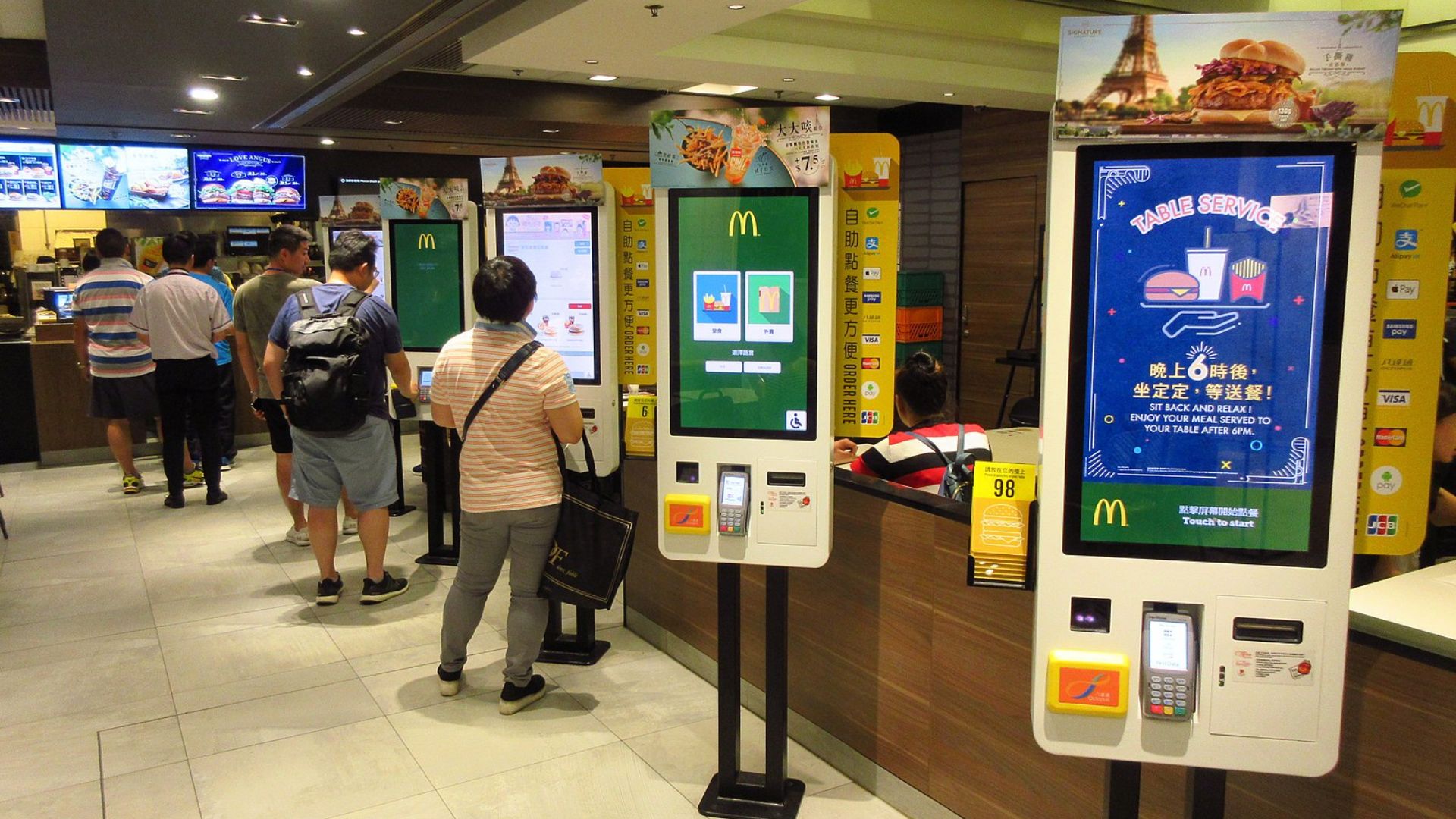
With the introduction of higher wages, many restaurant owners are expected to adopt technological solutions like kiosks to reduce costs.
Many argue that this technological shift could permanently change the dining landscape and threaten traditional jobs. Patrons should anticipate higher prices at their favorite dining spots as a result.
Small Business Struggles

Robert Irvine, a renowned celebrity chef, has raised concerns about the impact on small businesses.
He warns, “We’re going to lose about 20-plus percent of our small, mom-and-pop business because what California has actually done is going to enable other states to do the same thing,” suggesting that the repercussions could set a challenging precedent nationally.
California vs. Texas: An Economic Showdown
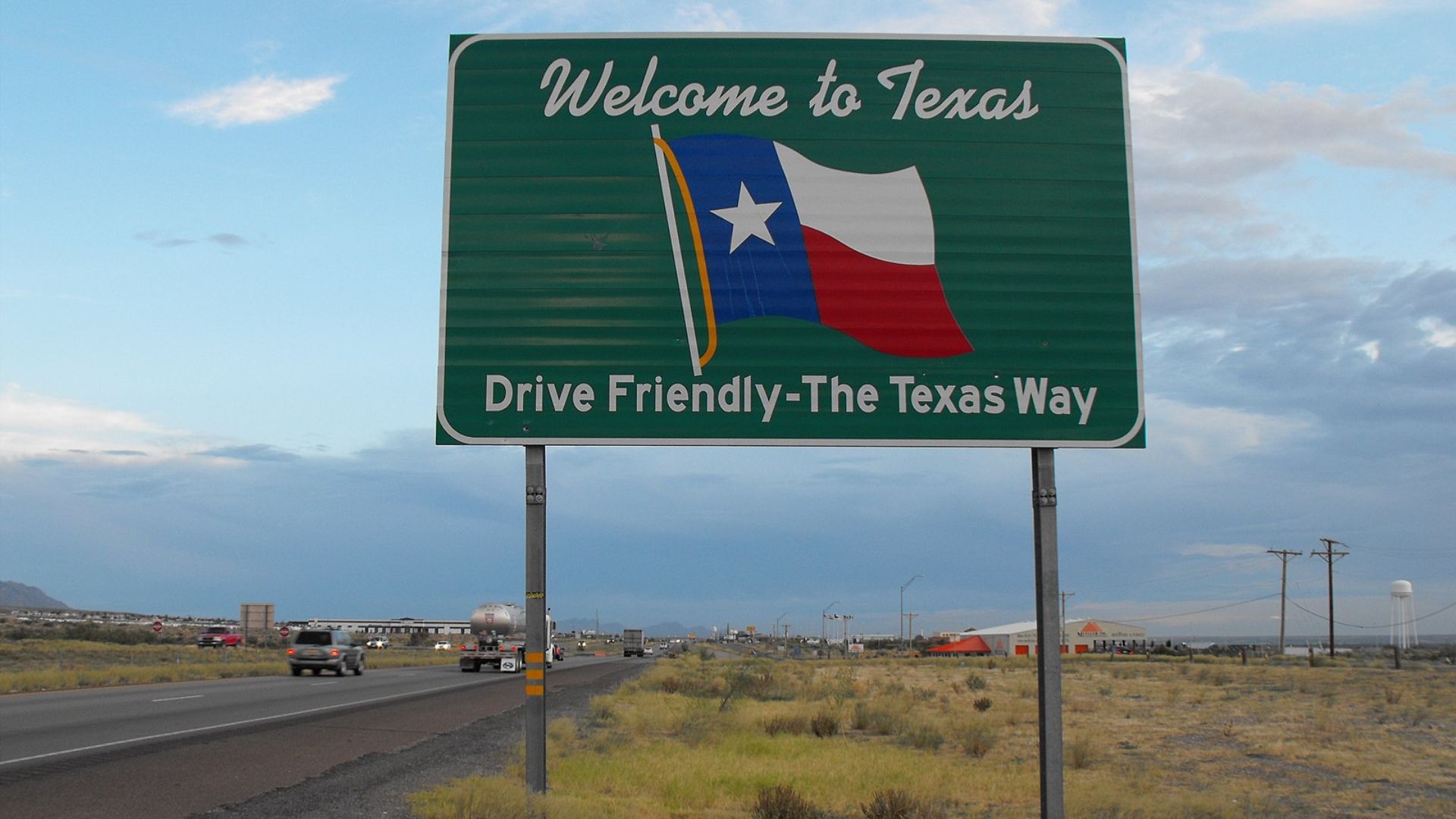
In a 2021 Stanford University study, the economic health of California was compared with Texas, highlighting substantial differences.
Texas, which does not collect state income tax, manages its finances more frugally compared to California where higher government spending does not necessarily lead to better economic outcomes.
The High Price of Life in California

The cost of living in California is more burdensome than ever, evidenced by the highest unemployment rate in the U.S, as reported by AP News.
USA Today notes that high gas and housing costs are eroding the affordability of the Californian dream, affecting the quality of life for its residents.
Newsom’s Economic Dilemma

Governor Gavin Newsom faces significant economic challenges in California.
The state’s GDP growth, which ranked 32nd in the nation last year, has triggered discussions regarding the efficacy of his administration’s policies in fostering sustainable growth.
A Vote on California’s Financial Future

In November, Californians will vote on the Taxpayer Protection and Government Accountability Act, which requires public approval for any new tax increases.
This initiative could curb future tax hikes and enhance voter influence over state and local fiscal decisions.
Newsom Under the Microscope
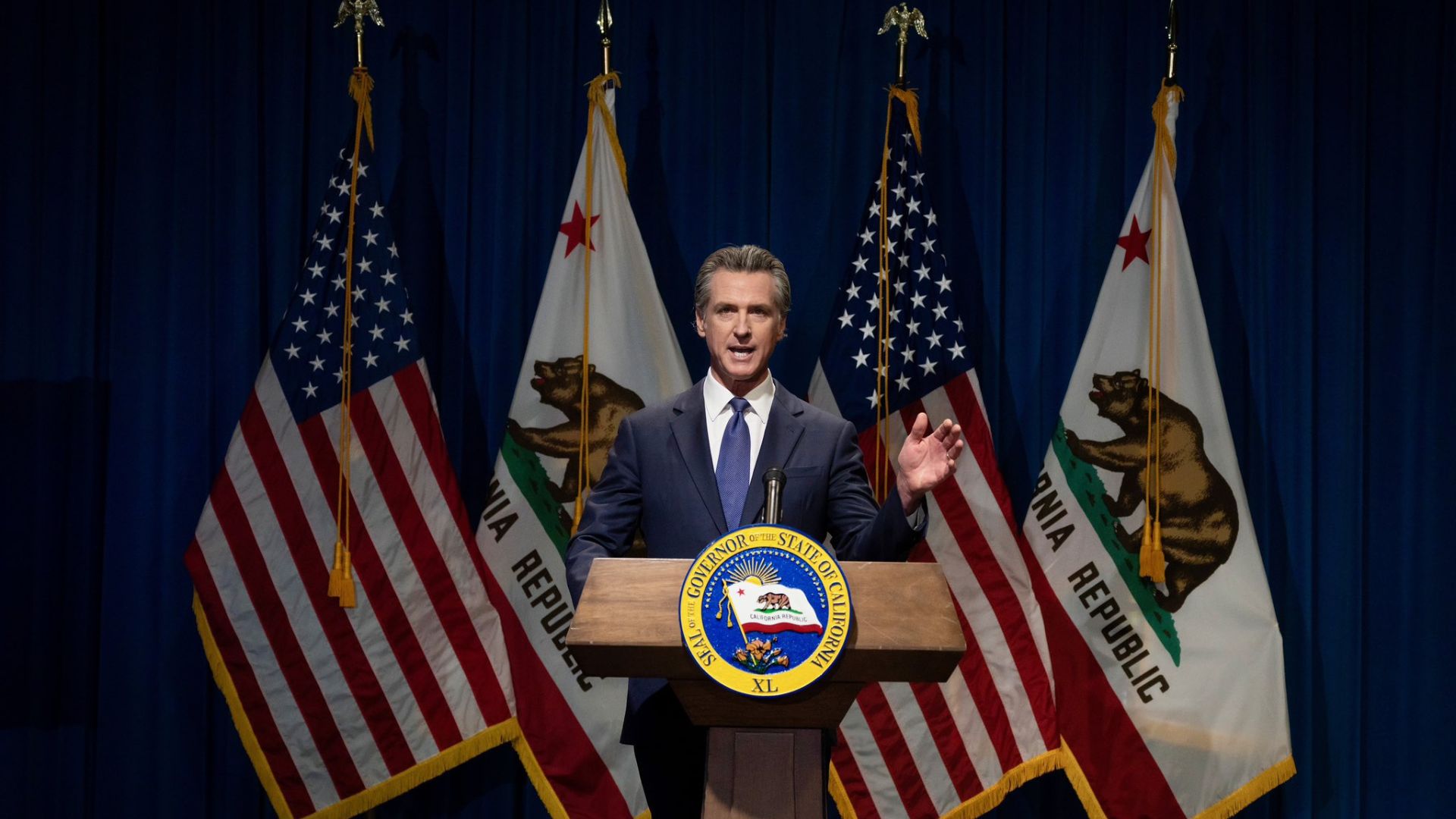
Despite the economic hurdles, Governor Newsom remains an influential figure with potential presidential ambitions.
His dynamic leadership style continues to navigate through one of the world’s largest economies, although his policies are under constant review for their economic impact.
Californians on the Move

Rising costs and economic challenges compel Californians to reconsider their residency, with an increasing number opting for more affordable states like Texas and Florida, The LA Times reports.
The migration signifies a broader economic shift that affects decisions on residency and lifestyle in California.
Leading or Misleading? California’s Progressive Stance
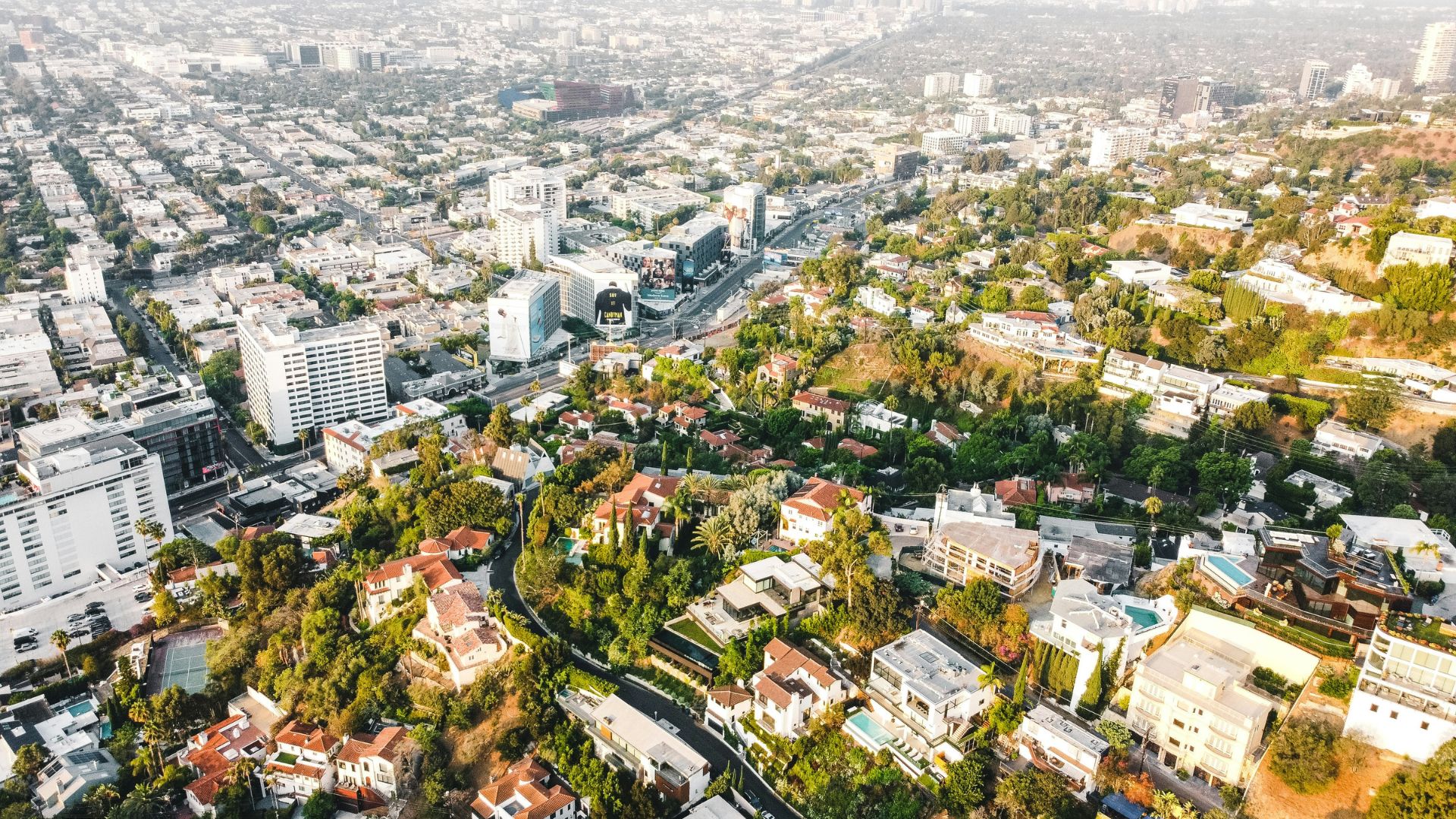
As a forerunner in progressive policy-making, California’s current economic strain might serve as a critical lesson for other states considering similar policies.
The situation in California demonstrates the practical outcomes of such ambitious initiatives.
Reevaluating California’s Progressive Experiment
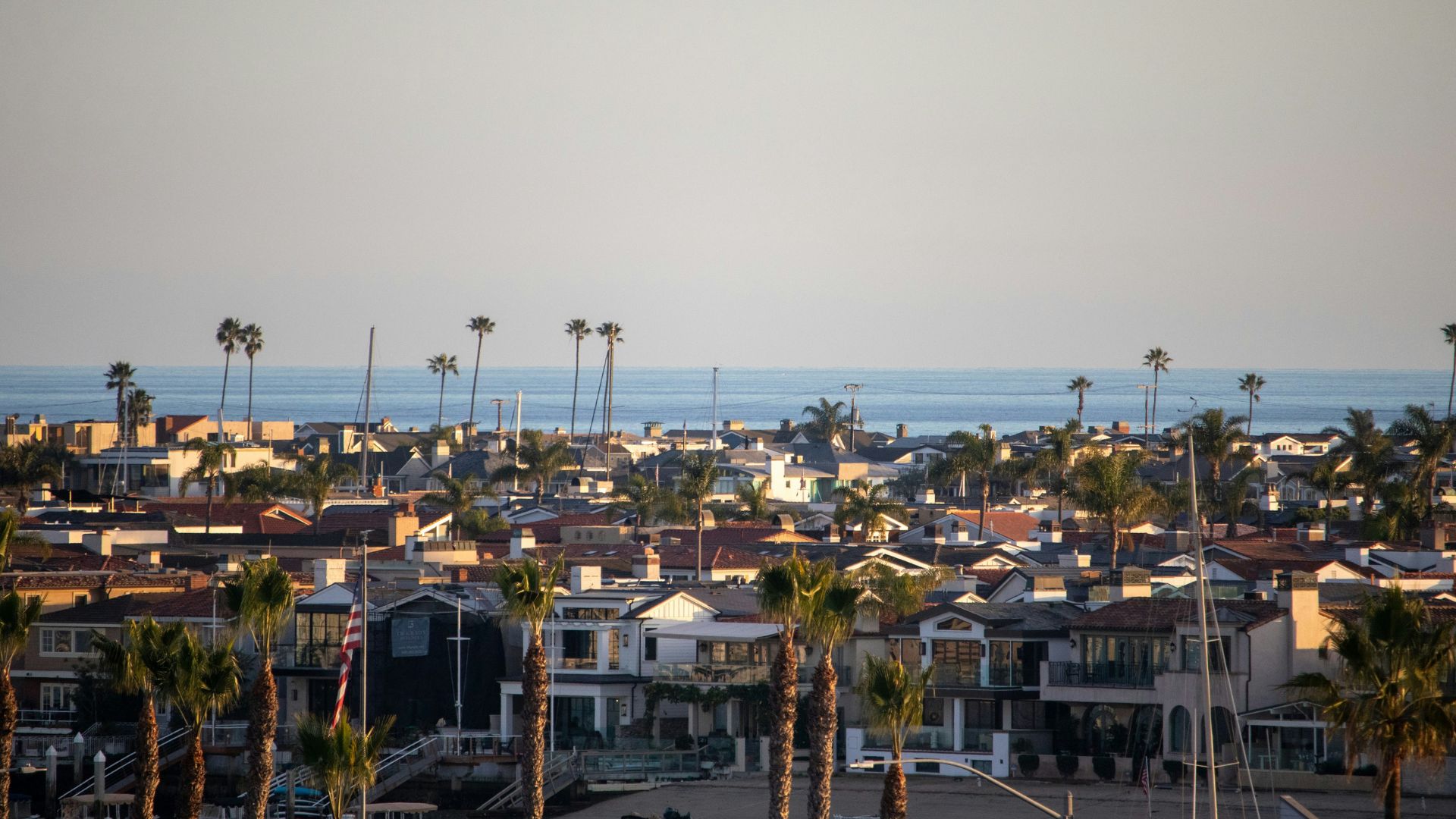
The state’s strategy of imposing high taxes and stringent regulations was intended to foster a robust, equitable economy.
However, The LA Times notes that the outcomes so far demand a reassessment of whether such aggressive policies are bolstering or impeding economic vitality, particularly in relation to job creation and business growth.
The Delicate Dance of Policy and Prosperity

Recent legislation to increase the minimum wage in California aims to raise living standards but introduces several challenges.
The ongoing economic difficulties in the state illustrate the challenge in balancing large societal goals and maintaining overall economic stability.
